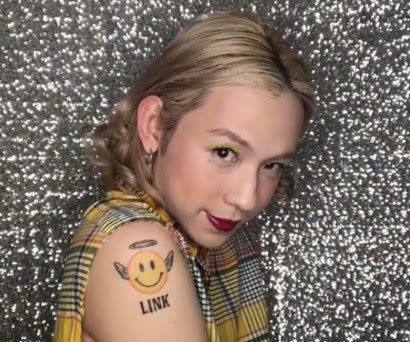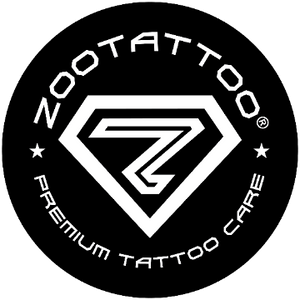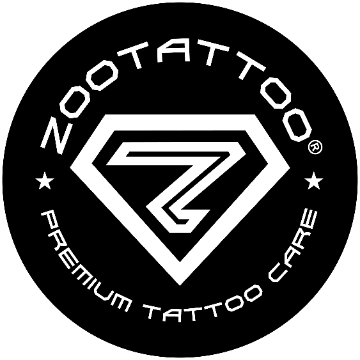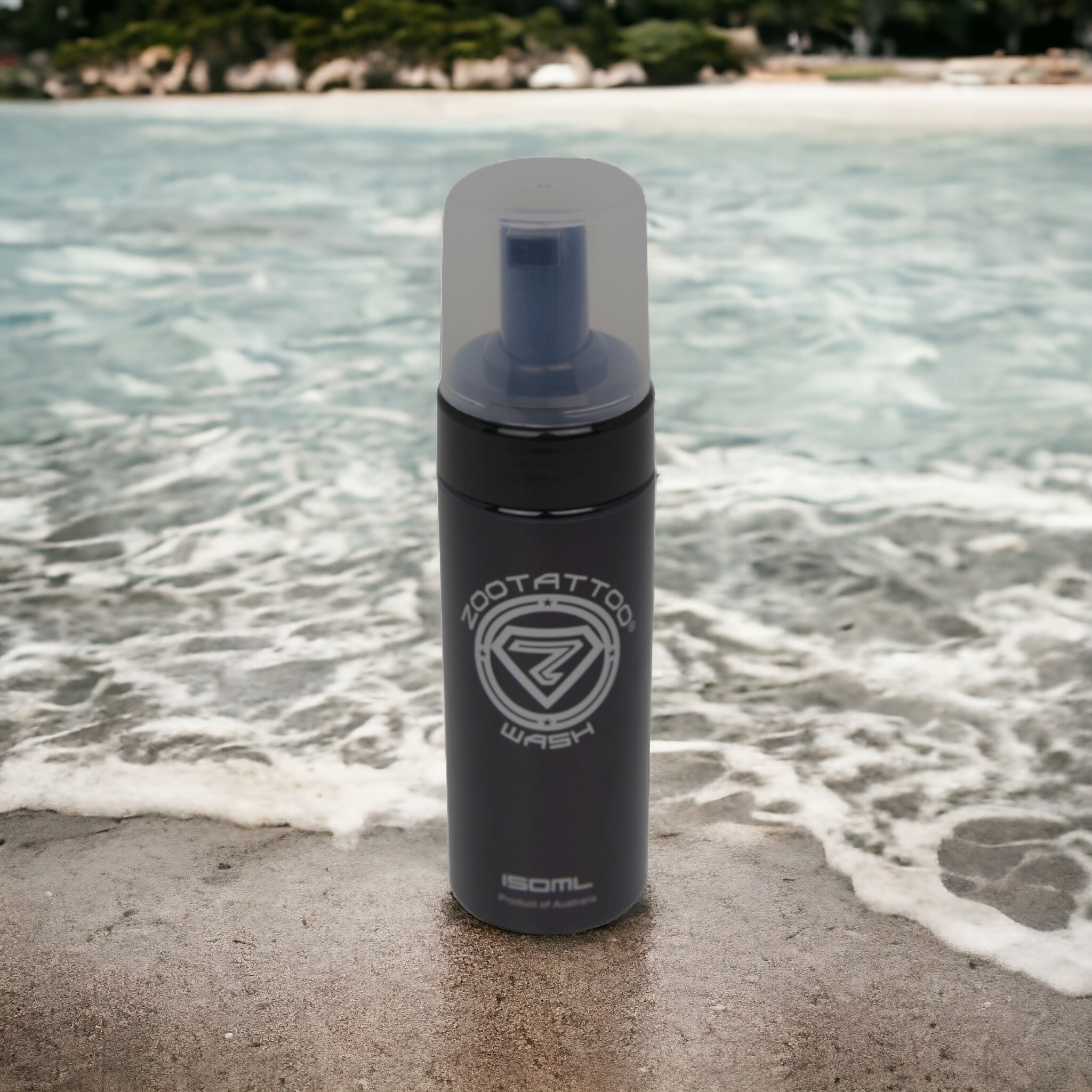Debate over tattoos heats up in Japan

Last week, Japanese celebrity Ryuchell revealed to the world he got his wife a tattoo with his son’s name on his arm. It has unsurprisingly caused vigorous debate which has continued on social media throughout the week.
The 22 year old Ryuchell is a popular model, television star and newly minted pop singer. He and his wife Peco are inspired by fashion from Full House, Lisa Frank and pizza.
Ryuchell’s right shoulder now displays a quirky but ‘uber cool ‘smiley emoji tattoo with Link, his son’s name proudly on display. Link was named after Link Larkin from Hairspray. The other tattoo says “Tetsuko”, his wife’s real name.
Japan Trends reported that some thought it was inappropriate for a father to get such tattoos and a large percentage of the country’s population still think tattoos are unsuitable. I guess this is hardly surprising given the conservative nature of the Japanese, generally speaking.
Tattoos in Japan have historically been associated with Japanese organise crime during the 20th century, and even though Ryucheru’s “cute” tattoos are not Japanese in style, the stigma is still alive and well.
For centuries, the “polite” society of Japan has snubbed its collective nose at tattoos despite the fact that in modern times, tattooing is now being accepted around the world for what it really is, an art form. Many Japanese see it as dishonourable towards their parents with this premise being based in ancient Confucian concepts that were entrenched in Japanese society long ago.
The polite conservatives of Japan still follow the Confucian ideals and the intrinsic values that go along with it, for the most part. But are the new generation Japanese, the hip, the cool and the trendy carving a new path? After all, what is the difference between admiring art on a canvas to art on the human body?
The argument that only criminals and bad people have tattoos has been dead in the water for a long time now. Such beliefs are unfounded in the modern world and could really only be described as discriminatory in nature for the most part.
Article 13 of the Japanese Constitution states: “All of the people shall be respected as individuals. Their right to life, liberty, and the pursuit of happiness shall, to the extent that it does not interfere with public welfare, be the supreme consideration in legislation and in other governmental affairs”.
When all is said and done, the human body is an art form in itself. Tattooing is merely an art form, nothing more and nothing less. Getting tattooed is simply an artistic expression, a time stamp in a timeline that often tells a story of a person’s journey in life. They serve as a reminder of days gone by and how a person may have evolved in their life adventure.
Sure there might be a seedy underbelly to the tattooing industry, but then there is a seedy underbelly in every industry. Just because there a few corporate crooks or corrupt politicians out there doesn’t mean all people that wear a suit are “bad”.
The same rule of thumb also applies to the tattooed! People should be admired for their individuality and character. Often the polite can be the most unscrupulous of us all so should we then discriminate against all polite people? There’s nothing wrong with being conservative, and there’s nothing wrong with self-expression. But discriminating against a person who chooses to express themselves through tattoo art could be considered anti-social and contradictory to ancient beliefs and values.

This article was brought to you by ZOOTATTOO® The world's premium vegan aftercare balms, creams, adhesive wraps, and cleansers. We only use high quality exotic Australian Organic Hemp Oil and complimentary botanical ingredients for when you're healing tattoos, scalp micro-pigmentation and laser treated skin.You won't look back!
FREE SHIPPING on orders over $100AUD to USA, Australia, Canada, New Zealand, UK, Belgium, Germany, France, Ireland, Switzerland and Netherlands ORDER HERE
** Not redeemable with other promotional discounts.
0 comments



